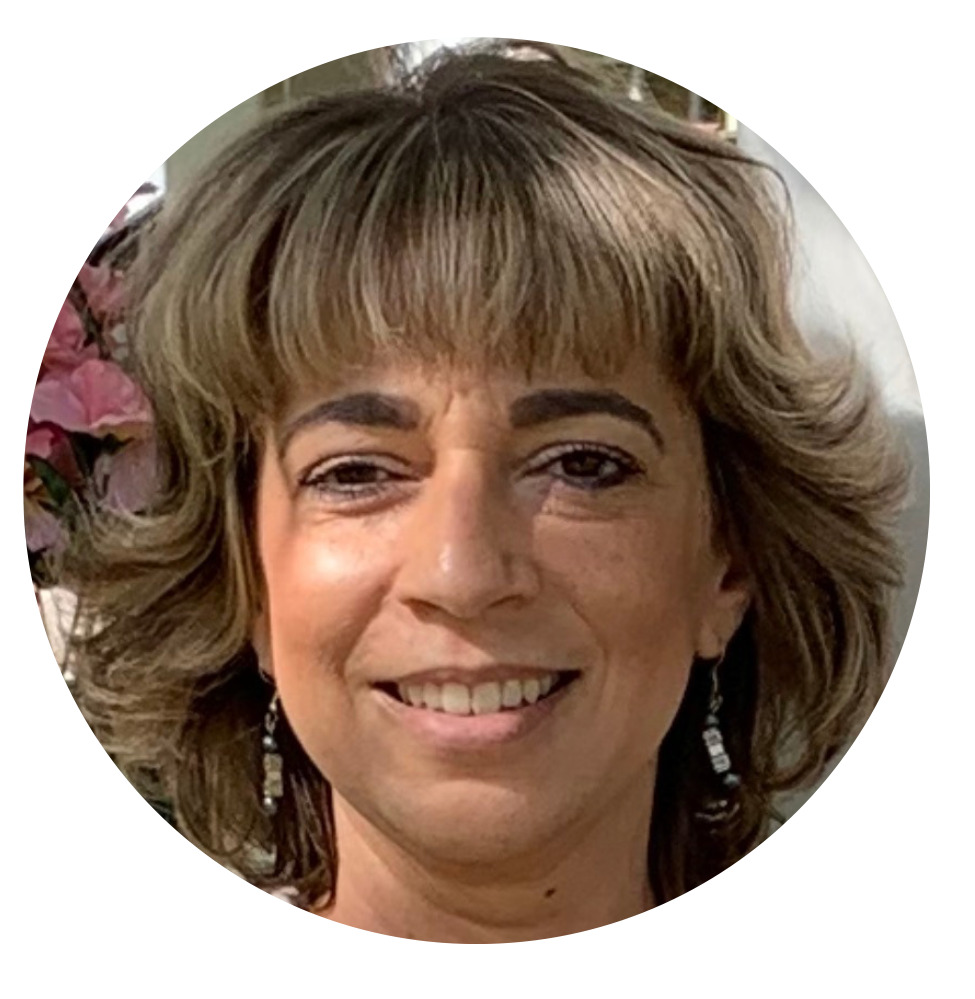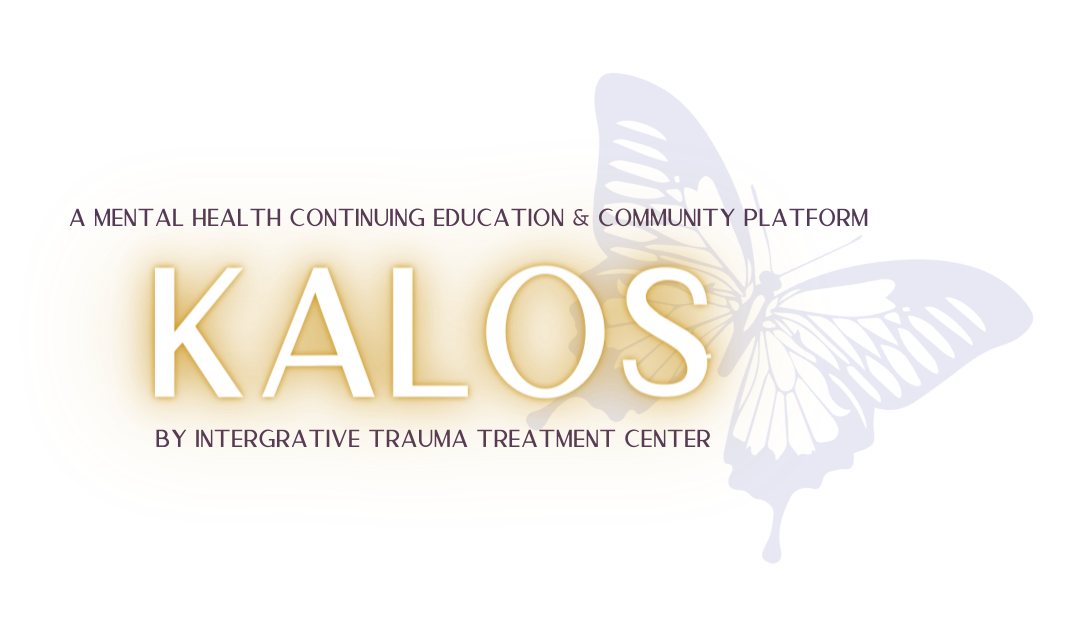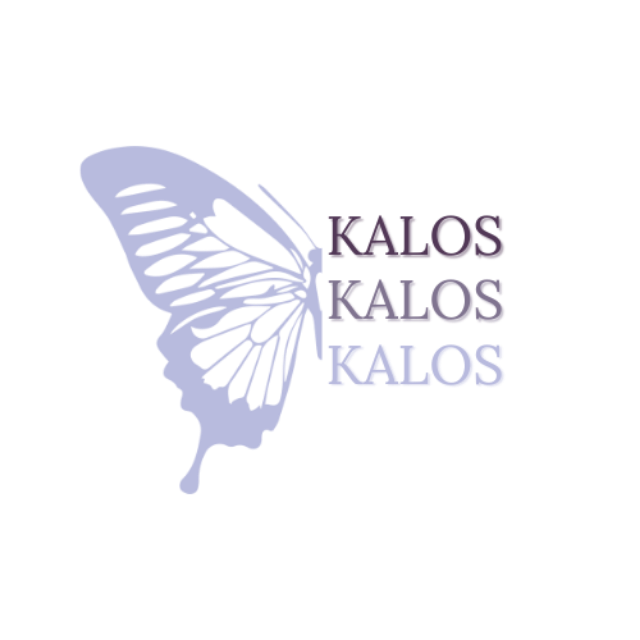Culture and the Aging Population
Cultural factors can become more instrumental in a person’s life as they age. Therapists who develop a deeper understanding of the influence of culture on aging can better support their older adult clients.
About This Course
Culture becomes increasingly influential as individuals age, shaping their beliefs, values, and behaviors. This course explores the intersection of culture and aging, equipping therapists with the knowledge and skills needed to provide culturally sensitive care to older adult clients. Through a blend of theoretical concepts, case studies, and practical resources, participants will develop competency in assessment, treatment planning, and intervention within a cultural context.
Key Learning Objectives:
-
Cultural Competence Model: Gain an understanding of the cultural competence model and explore your own individual cultural lenses. Learn how cultural awareness, knowledge, and skills contribute to providing effective care to diverse older adults.
-
Aging Considerations and Diversity: Examine aging considerations through the lens of culture, diversity, and practice. Explore how cultural factors influence perceptions of aging, health beliefs, and help-seeking behaviors among older adults from diverse backgrounds.
-
Culturally Sensitive Interventions: Learn to plan and implement culturally sensitive interventions and practices with diverse older adults. Discover strategies for fostering cultural humility, addressing cultural barriers, and promoting positive aging experiences.
Course admission requirements:
Minimum of a Master's Degree in a mental health or related field; or be a student in social work, psychology, counseling, or a related field. In Low- and Middle-Income Countries, a minimum of a Bachelor's degree in social work, psychology, counseling, or a related field is required.
Enroll in Just this Course
MEET THE PRESENTER
DIANE BIGLER, LCSW, LSCSW
Diane is a Licensed Clinical Social Worker in Missouri and Kansas. She has over 20 years of experience in the fields of psychology, social work and mental health. Diane was an Adjunct Professor of Social Work at The University of Kansas, School of Social Welfare, for over 10 years. She obtained her master's degree in Social Work from KU in 2006, with clinical concentrations in Children & Families and Mental Health. Diane taught classes in the Clinical Master's program, which included: Clinical Social Work Practice, Loss and Grief, Cognitive Behavior Therapy, Family Therapy, Advanced Standing Practice, and Mental Health & Psychopathology. Diane was also a practicum Field Instructor, Field Liaison and Community Education trainer for the School of Social Welfare. Diane has facilitated hundreds of trainings to mental health professionals, physicians and nurses, teachers, police officers, business personnel, and local City Council members. Diane enjoys the creativity that comes with envisioning and designing trainings, and aims to provide trainings that are informative, engaging and skill-building. She has customized and facilitated leadership and corporate trainings to EAP clients on wellness and business topics.

Course Materials
- Prerecorded Video (96 minutes: Culture and the Aging Population )
- Presentation
- Quiz
- Presentation Feedback Survey
- Certificate of Completion*
*A passed quiz of at least 80% and a completed feedback survey required for certificate.
Continuing Education (CE) hours
1.5 NBCC CE hours are available for licensed mental health providers. Please check with your licensing board to confirm that NBCC CE hours are accepted.
Integrative Trauma Treatment Center (ITTC) has been approved by NBCC as an Approved Continuing Education Provider, ACEP No. 6912. Programs that do not qualify for NBCC credit are clearly identified. Integrative Trauma Treatment Center (ITTC) is solely responsible for all aspects of the programs.

Become a Member!
A monthly subscription to ITTC’s Professional Learning Community, KALOS Includes:
- Unlimited Access to asynchronous courses and workshops with more being added all the time.
- Access to the Learning Community where you can connect with colleagues worldwide.
- Discounts on our live events like trainings, webinars, retreats, and the 2024 Trauma Summit.
All courses offer continuing education credits unless otherwise indicated.
Join KALOS
